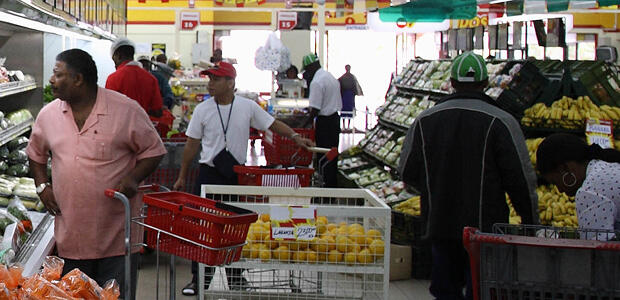CEEG Seminar Series: A spatial analysis of poverty in Mozambique
On Wednesday 6 April 2022, 12:00-13:00 (UTC+2), Isa Chiconela, independent researcher, will present her recent study in progress entitled 'Spatial analysis of poverty in Mozambique'.
The seminar is part of the CEEG Seminar Series, organized under the Inclusive growth in Mozambique (IGM) programme. The seminars offer a forum to share and discuss ongoing research on topics related to the work of the IGM programme and to foster a culture of research at the faculty and at UEM in general.
The seminars take place at the Faculty of Economics of the University of Eduardo Mondlane (UEM) and are open for all. The presentations are given in Portuguese.
About the study
Despite a reduction in poverty levels in the country in the past decades, poverty remains a major challenge for the country. The objective of the analysis is to test the existence of spatial dependence and, if proven, to estimate the spatial model that best fits the data. The study uses spatial and sociodemographic data from IMASIDA and the Household Budget Survey (IOF 2015). The study applies Moran and Lagrange multiplier tests, showing empirical evidence for the existence of spatial dependence in data and, as an adequate model, suggest the model with spatial lag in the dependent variable. The results show that the spatial autoregressive coefficient of the dependent variable is statistically significant and equal to 0.5687. Spatial factors, such as proximity to a source of water, proximity to a border, as well as rainfall are statistically significant in terms of poverty. This study reveals the need for in-depth research on poverty in its spatial dimension and also serves as a starting point, given that several public policies have failed to reduce poverty in Mozambique in the desired manner.
 Join the network
Join the network